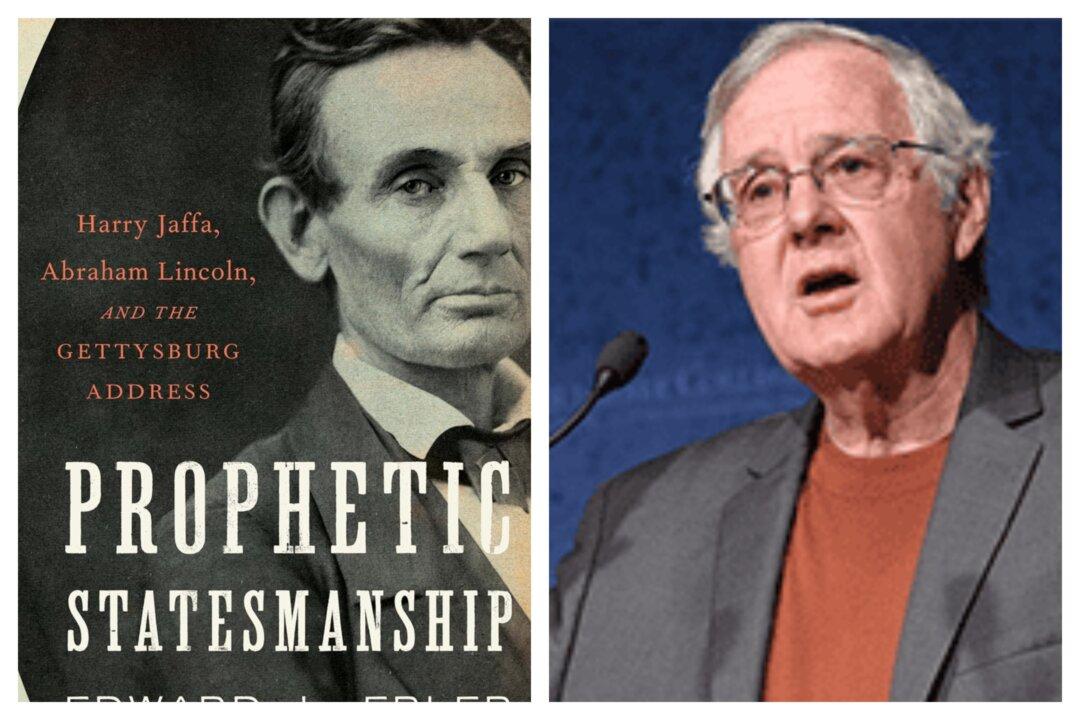Harry Jaffa died 10 years ago. A political philosopher and a Lincoln historian, he was one of the more influential conservative voices during the latter part of the 20th century. His two greatest works “Crisis of the House Divided” (1959) and “A New Birth of Freedom” (2000) were a personal chronicle of the author’s expanding Lincolnian political perspective.
According to Edward J. Erler, the author of the new work “Prophetic Statesmanship: Harry Jaffa, Abraham Lincoln, and the Gettysburg Address,” he was tasked by Jaffa to conclude what apparently was to be a trilogy on Lincolnian statesmanship and American politics. After reading Erler’s book, it may have been best to let Jaffa’s philosophical-political examinations conclude with “A New Birth of Freedom.”






